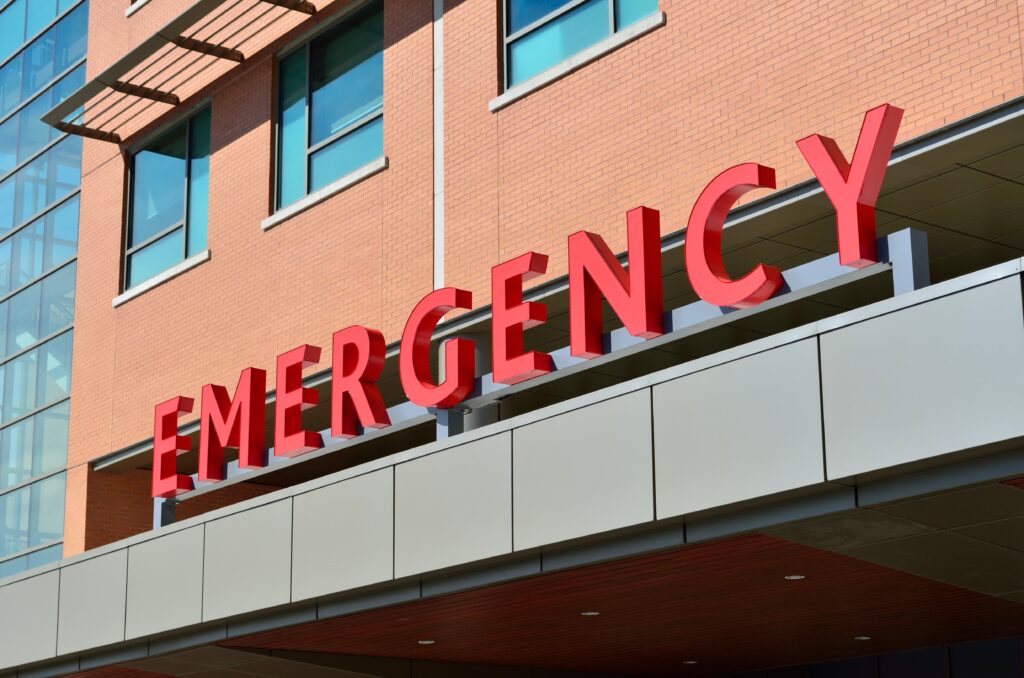With electricity being such a major part of our lives, an emergency power supply is essential for a number of industries. However, there’s no denying that healthcare institutions responsible for life safety are arguably the most important facilities that require robust and reliable backup battery power. While power outages can spell losses and unproductivity in other industries, lack of hospital power supply can be the difference between life and death.
All healthcare institutions should be equipped with reliable backup battery power in case of emergencies. However, according to Consumer Reports, this isn’t always the case. In 2012, Hurricane Sandy devastated the coastal regions of New York and New Jersey, and almost 1000 people had to be evacuated to different healthcare institutions when hospitals’ emergency power supply systems failed. In 2005, approximately 215 hospital and nursing home patients died after Hurricane Katrina partly due to generators failing to work in healthcare institutions. Rental generators were brought to the area in droves from across the country, but it was not immediate enough to meet the needs of all of the facilities.
Whether it’s due to floods, extreme weather, power outages, or natural disasters, the hospital power supply can go out the same as any other facility. In order to prevent loss of life and ensure the best possible outcomes for their patients, all healthcare institutions must have sufficient backup power in place at all times.
Disruption in Hospital Power Supply
When it comes to healthcare institutions such as hospitals, the power supply is non-negotiable. Power outages affect critical medical equipment, including surgical equipment, ventilators, respirators, testing equipment, and heating and cooling. Healthcare institutions may even lose access to electronic patient data and may be unable to register incoming patients.
Unfortunately, disruption in hospital power supply isn’t limited to blackouts. Brownouts, power surges, and spikes can all have devastating consequences on healthcare systems. Brownouts, i.e., reduced voltage and weakened power supply, can result in emergency devices not operating. Power surges (high voltage) and spikes can result in machine failure and cause permanent damage to essential medical equipment.
Emergency Power Supply Options for Healthcare Institutions
Backup battery power is essential for healthcare institutions. The two main sources of backup battery power include backup power generators and uninterruptible power supply units (UPS).
Backup Power Generators
Backup power generators act as an emergency power supply for many commercial ventures, including healthcare institutions. They provide the best long-term source of alternate power in the event of an outage. There are specific testing and maintenance requirements for healthcare generators and these facilities are also subject to additional regulations. To see how these regulations can impact your facility and how to stay compliant, Odyssey can assist in setting up a maintenance schedule that is compliant with oversight requirements like OSHPD and Joint Commission. The main downside to generators is the downtime during start-up. Even though the start-up time before a generator can assume load is usually less than 5 seconds, that slight downtime can have devastating consequences for sensitive equipment and life safety. This is where the partnership between the UPS and generator comes into play.
Uninterruptible Power Supply (UPS)
Many healthcare institutions opt for uninterruptible power supply (UPS) units alongside generators. These units act as a bridge and can power equipment if the primary power source fluctuates or gives out. Both online UPS units and interactive UPS units are used in healthcare institutions. The UPS/battery system is able to assume the load in an outage while the generator starts up for uninterrupted power. In the event the generator fails to start or has a problem transferring, the UPS batteries can handle the power load for a given amount of time while a solution is found or until things can be safely shut down.
The Benefits of Emergency Power Supply
As healthcare institutions can lose power at any time and the life-safety equipment is dependent on electricity, downtime is simply not an option. From life-support machines to computers with essential data, hospital operations require a constant and uninterruptible power supply, making generators and UPS systems working together mandatory for healthcare establishments.
With these methods of backup power in place, the hospital power supply will be intact and healthcare providers can focus on improving patients’ conditions instead of worrying about power disturbances. If there are issues with the hospital power supply, the emergency power can assume the load. Therefore, healthcare institutions must invest in emergency power supply and backup battery power to function properly. For more information on how Odyssey can partner with your healthcare facility to limit downtime, please contact us.
